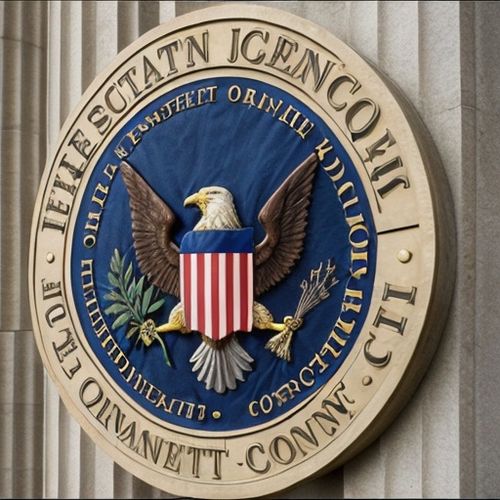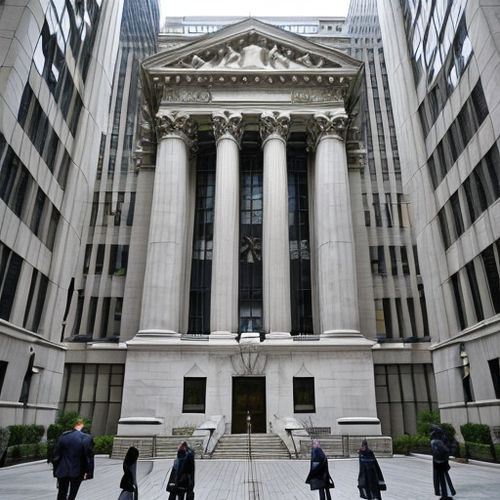The global landscape of cryptocurrency regulation remains a patchwork of conflicting approaches, reflecting deep ideological and practical divides among nations. While some governments embrace digital assets as the future of finance, others view them with suspicion or outright hostility. This regulatory dissonance creates significant challenges for businesses operating across borders and raises fundamental questions about the future of decentralized technologies in an increasingly interconnected world.
Europe has emerged as a relative frontrunner in establishing comprehensive crypto frameworks, with its Markets in Crypto-Assets (MiCA) regulation setting benchmarks for other jurisdictions. The EU's approach attempts to balance innovation with consumer protection, requiring crypto service providers to obtain licenses while establishing clear rules for stablecoins. However, even within Europe, national interpretations vary significantly, with countries like Germany taking a more conservative stance while Malta positions itself as a "Blockchain Island."
The United States presents perhaps the most confusing regulatory environment, where multiple agencies claim jurisdiction without clear coordination. The SEC has aggressively pursued enforcement actions against numerous crypto projects it deems to be selling unregistered securities, while the CFTC maintains that many cryptocurrencies should be classified as commodities. This turf war leaves entrepreneurs navigating a minefield of potential legal consequences without reliable guidance about what constitutes compliance.
Asia demonstrates perhaps the starkest contrasts in regulatory philosophy. China's complete ban on cryptocurrency transactions stands in sharp opposition to Japan's progressive licensing system or Singapore's carefully calibrated approach. Hong Kong's recent push to become a crypto hub despite mainland China's restrictions adds another layer of geopolitical complexity to the regional dynamic. These divergent paths reflect fundamentally different views about financial sovereignty and the role of decentralized technologies in national economies.
Developing nations face particularly acute dilemmas regarding cryptocurrency regulation. Countries like El Salvador have made Bitcoin legal tender in hopes of financial inclusion and economic transformation, while others like Nigeria have implemented harsh restrictions despite widespread public adoption. Many governments in the Global South struggle with the impossible trinity of wanting to encourage innovation, protect consumers from volatility and scams, and maintain monetary policy control - objectives that often directly conflict when applied to decentralized digital assets.
The lack of global coordination creates substantial arbitrage opportunities but also systemic risks. Crypto businesses increasingly engage in "regulation shopping," establishing headquarters in jurisdictions with favorable rules while serving customers worldwide. This fragmentation raises difficult questions about which laws apply to borderless technologies and how to enforce consumer protections across jurisdictions. Recent high-profile collapses of crypto platforms have demonstrated how quickly losses can spread globally when regulatory oversight is inadequate or inconsistent.
Technological evolution continues to outpace regulatory development, with innovations like decentralized finance (DeFi) protocols and privacy coins presenting novel challenges. Traditional financial regulations struggle to address systems that deliberately eliminate intermediaries and centralized control points. Many regulators find themselves trying to fit square pegs into round holes, applying securities laws designed for twentieth-century markets to twenty-first-century technologies that fundamentally resist categorization.
International organizations like the Financial Action Task Force (FATF) have attempted to establish global standards, particularly around anti-money laundering (AML) requirements. However, implementation remains uneven, and many in the crypto industry argue that the "travel rule" requiring identification of transaction parties contradicts the pseudonymous nature of blockchain technology. These tensions between financial surveillance objectives and privacy preservation appear increasingly irreconcilable as the technology advances.
The environmental impact of cryptocurrency mining has added another dimension to regulatory debates. Some jurisdictions have banned proof-of-work mining outright due to energy concerns, while others have welcomed miners with favorable energy policies. These environmental considerations increasingly intersect with geopolitical energy security issues, particularly in regions affected by the global energy crisis. The lack of consensus on sustainable blockchain practices further complicates efforts to establish coherent international standards.
Looking ahead, the path toward greater regulatory clarity appears fraught with challenges. The fundamental tension between decentralized technologies and centralized governance models may never be fully resolved. Some industry observers predict increasing fragmentation as nations pursue digital sovereignty through central bank digital currencies (CBDCs) while restricting competing private cryptocurrencies. Others hope for emerging consensus around core principles that could enable innovation while mitigating systemic risks - though such consensus remains elusive in the current geopolitical climate.
What remains clear is that cryptocurrency regulation will continue evolving as the technology matures and gains broader adoption. The stakes are high for all involved: governments seeking to maintain financial stability, businesses navigating uncertain legal environments, and users hoping to benefit from financial innovation without falling victim to its risks. How these competing interests balance out will shape not just the future of cryptocurrency, but potentially the future of money itself.

By Benjamin Evans/Apr 24, 2025

By Olivia Reed/Apr 24, 2025

By David Anderson/Apr 24, 2025

By David Anderson/Apr 24, 2025

By Amanda Phillips/Apr 24, 2025

By Emily Johnson/Apr 24, 2025

By Sarah Davis/Apr 24, 2025

By Jessica Lee/Apr 24, 2025

By John Smith/Apr 24, 2025

By Grace Cox/Apr 24, 2025

By Olivia Reed/Apr 24, 2025

By Lily Simpson/Apr 24, 2025

By Noah Bell/Apr 24, 2025

By Megan Clark/Apr 24, 2025

By Noah Bell/Apr 24, 2025

By George Bailey/Apr 24, 2025

By George Bailey/Apr 24, 2025

By Natalie Campbell/Apr 24, 2025

By Daniel Scott/Apr 24, 2025

By Benjamin Evans/Apr 24, 2025